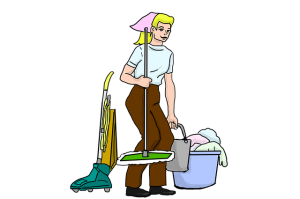Understanding common causes like grease, harsh chemicals, and tree roots is key to maintaining a functional drainage system. Regular cleaning with hydro-jetting and camera inspections prevents clogs, odors, and costly repairs. DIY methods for mild blockages include plungers, baking soda/vinegar, or boiling water; severe cases require professional services with high-pressure equipment and chemical cleaners. Annual professional drain cleaning ensures long-term prevention of pipe damage and backups. Safe emergency cleaning involves natural methods, hot water flushes, avoiding chemicals that corrode pipes, and using specific products for different drain types.
In any home or business, a sudden clog in a drain can cause significant disruptions. Understanding the common causes of drain clogs and knowing how to address them promptly is essential for maintaining a functional space. This comprehensive guide delves into emergency drain cleaning techniques, offering insights on regular maintenance, tools, natural remedies, and preventive measures. From identifying mild blockages to choosing the right products, learn how to tackle drain issues effectively, ensuring long-term solutions with minimal hassle.
Understanding Common Drain Clog Causes
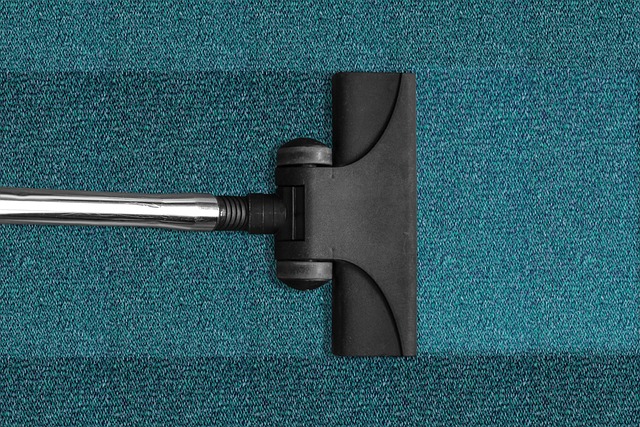
Understanding the common causes of drain clogs is an essential step in maintaining a smooth-running drainage system. Everyday items and practices can easily contribute to clogging, such as pouring grease or large food particles down the sink, using chemical cleaners that react with pipes, or even tree roots infiltrating pipes. These issues often lead to slow drains, odours, and, eventually, complete blockages.
Regular drain cleaning can help prevent these problems from escalating. Professional services employ specialized equipment, like hydro-jetting, which uses high-pressure water to clear clogs, and camera inspections to identify the root cause. By addressing clogs early through routine maintenance, homeowners can avoid costly repairs and keep their drains functioning optimally.
The Importance of Regular Maintenance
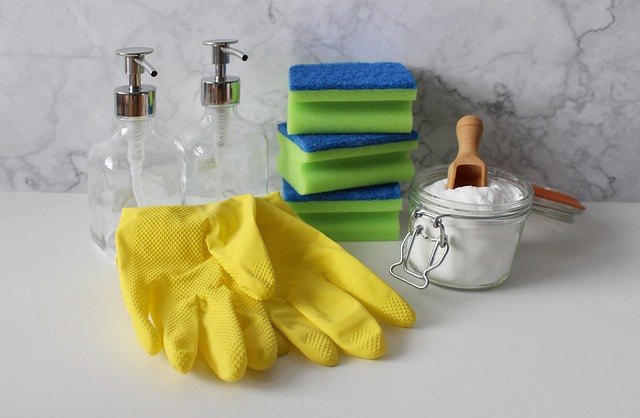
Regular maintenance is key when it comes to keeping your drains in top condition. It’s easy to overlook the importance of routine drain cleaning, but doing so can lead to serious clogs and backups that cause inconvenience and potential damage. By scheduling professional drain cleaning services on a regular basis, you prevent hair, grease, and other debris from building up and causing obstructions.
This proactive approach ensures smooth water flow in your plumbing system, reducing the risk of costly repairs or sewer line replacements. It’s particularly crucial for commercial properties with high foot traffic, where drains are subjected to more wear and tear. Regular maintenance also helps extend the lifespan of your pipes, saving you money in the long run.
Tools and Equipment for Effective Cleaning
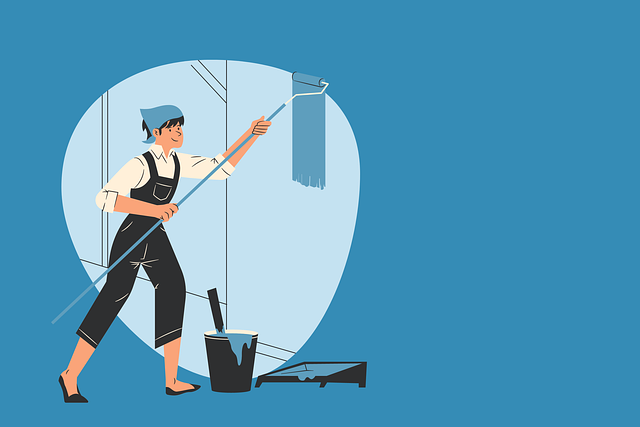
When it comes to effective drain cleaning, the right tools and equipment make all the difference. Professionals often rely on a combination of high-pressure water jets, chemical drain cleaners, and mechanical snakes (also known as augers). Water jets can blast away stubborn buildup, while chemical cleaners dissolve clogs caused by grease, hair, or other debris. Mechanical snakes are flexible cables that can navigate tight turns in pipes to break up or retrieve blockages.
For DIY drain cleaning, you can find a variety of tools at your local home improvement store. Drain cleaning kits usually include plungers for creating suction, chemical drain cleaners, and plastic augers. Plungers are simple yet effective for minor clogs, while augers with extendable handles allow you to tackle deeper blockages. Always remember to wear protective gear when using any chemical drain cleaner to avoid skin or eye irritation.
Step-by-Step Guide to Emergency Drain Unclogging
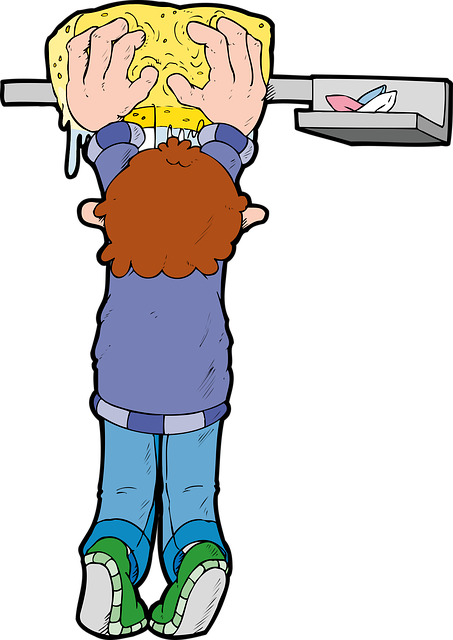
In the event of a blocked drain, acting swiftly is essential to prevent potential water damage and ensure sanitation. Here’s a step-by-step guide for unclogging your drains in an emergency situation. Start by gathering the necessary tools like a plunger (preferably with a cup-shaped head designed for drains), hot water, baking soda, and vinegar. First, pour a generous amount of hot water down the drain to loosen any debris or grease buildup. Then, mix a quarter cup of baking soda with another quarter cup of vinegar and immediately pour it into the drain. This mixture will create a fizzing reaction, helping to break down any clogs.
Next, place the plunger over the drain’s opening and ensure there’s a good seal. Plunge vigorously up and down for about 10-15 seconds, then release the pressure. If the clog persists, repeat this process multiple times. If the combination of hot water, baking soda, and vinegar doesn’t dislodge the clog, it might be time to call in professional drain cleaning services for a more thorough and lasting solution.
Natural Remedies for Mild Blockages
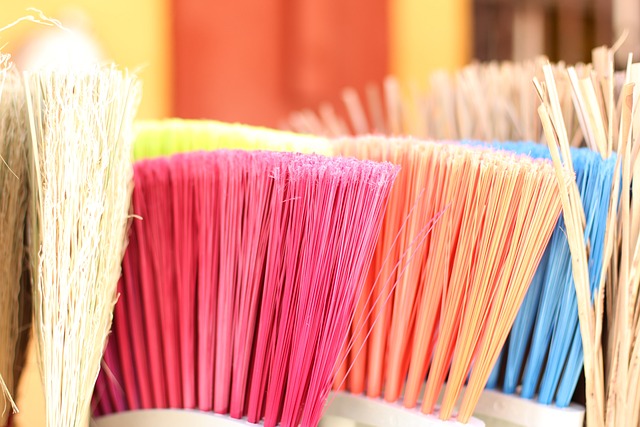
When it comes to mild drain blockages, there are several natural remedies that can help clear your pipes before resorting to harsh chemicals. One popular method involves using a mixture of baking soda and vinegar. Pour ½ cup of baking soda down the drain followed by 1 cup of white vinegar. The mixture will fizz and bubble, helping to break up any clogs. After about 30 minutes, flush the drain with hot water.
Another effective solution is using boiling water. Fill a pot with water and bring it to a rolling boil. Carefully pour the water down the drain, being mindful of any potential splashes. This method can help dissolve hair and grease build-up that may be causing the blockage. For stubborn clogs, consider using a natural drain snake or plunger to manually remove any visible obstructions. Remember, these DIY methods are ideal for minor issues, but for more severe blockages, professional emergency drain cleaning services might be necessary.
When to Call in Professional Help
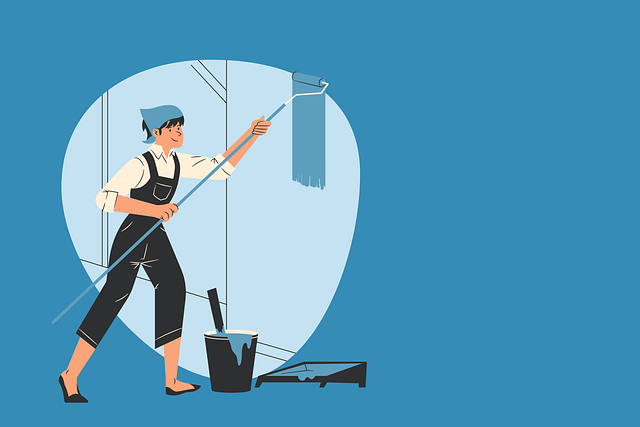
Clogged drains can be a common household issue, but there are times when DIY methods aren’t enough and it’s best to call in professional help for emergency drain cleaning. If you’ve tried conventional unclogging techniques like using pliers or a plunger, and the blockage persists, it might indicate a more severe problem. This could range from tree roots infiltrating your pipes to a broken pipe or a buildup of grease and debris that regular cleaners can’t tackle.
Professional drain cleaning services have the specialized equipment and expertise needed to navigate through complex drainage systems. They employ high-pressure water jetters, industrial-strength chemicals, and advanced camera technology to locate and clear blockages. This not only saves time but also prevents further damage to your pipes and ensures a long-lasting solution for your drain cleaning needs.
Preventive Measures: Tips for Long-Term Solutions
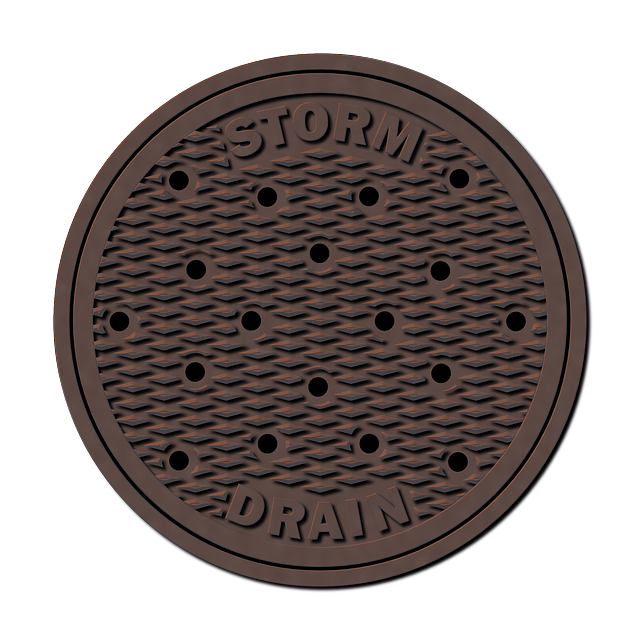
Regular maintenance is key to preventing clogs and the need for frequent emergency drain cleaning. Start by being mindful of what goes down your drains; avoid flushing grease, coffee grounds, or large food particles. Install drain covers to catch hair and other debris, especially in shower and bathtub drains. Pouring boiling water down your pipes weekly can help dissolve built-up grease and grime. Additionally, using a drain snake or plumber’s snake periodically can clear out any stubborn blockages before they become major issues.
For long-term solutions, consider an annual professional drain cleaning service to thoroughly inspect and clean your drains. They have the tools and expertise to identify potential problems and provide maintenance tips tailored to your plumbing system. Regular inspections can catch issues early, preventing more severe and costly damage down the line.
Common Mistakes to Avoid During Cleaning
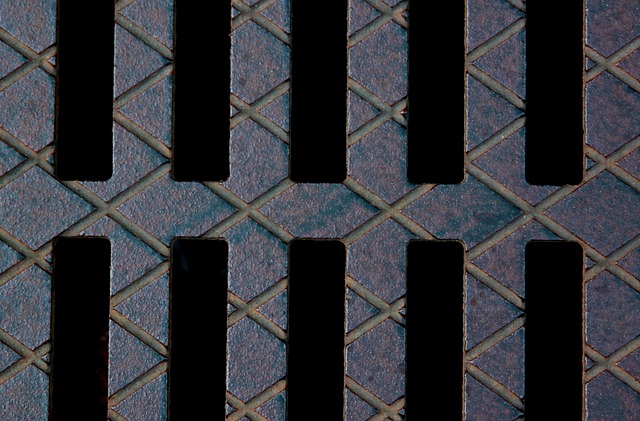
When tackling emergency drain cleaning, it’s crucial to be aware of common mistakes that can make the situation worse or lead to inefficient cleaning. One of the biggest blunders is attempting to clear a blockage using chemical cleaners alone, especially without understanding their potential harm to pipes and the environment. These chemicals can corrode pipe surfaces and, in some cases, cause more obstructions. Instead, opt for natural methods like baking soda and vinegar first; they’re safe, effective, and environmentally friendly.
Another mistake is ignoring the importance of regular maintenance. Waiting until an emergency occurs can lead to more severe clogs and damage. Preventative measures such as regularly pouring hot water down drains, avoiding flushing non-biodegradable materials, and using drain covers can go a long way in preventing blockages. Remember, prompt action and proper techniques are key; rushing into cleaning without the right knowledge or tools may cause further complications, emphasizing the need for caution and preparation.
Choosing the Right Products for Different Drain Types
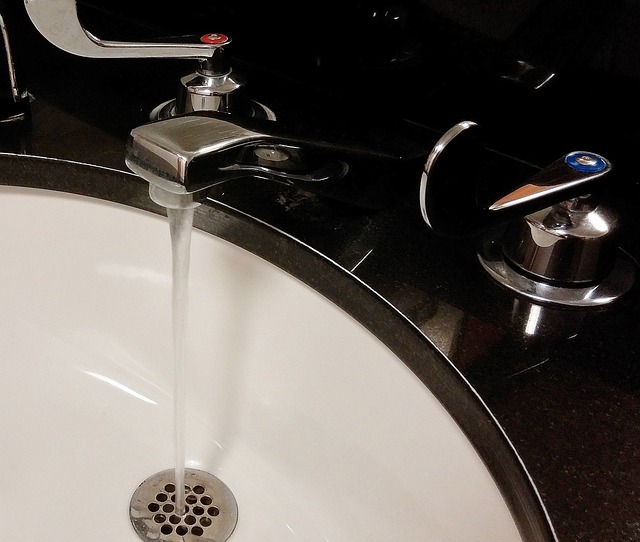
When it comes to emergency drain cleaning, selecting the appropriate products is key for effective and safe results. Different drain types require specific approaches due to variations in design and material composition. For example, a blocked kitchen sink might need a product that can dissolve grease and food debris effectively, while a bathroom drain could benefit from a more powerful enzyme-based cleaner to tackle organic buildup.
Identifying the right products ensures minimal damage to pipes and prevents further clogs. Enzymatic cleaners are often suitable for most household drains due to their ability to break down organic matter naturally. For more stubborn blockages, chemical drain cleaners can be used, but it’s essential to follow instructions carefully and wear protective gear as some chemicals may be corrosive.
